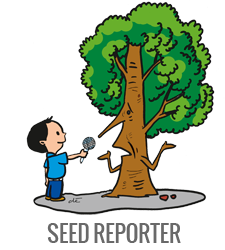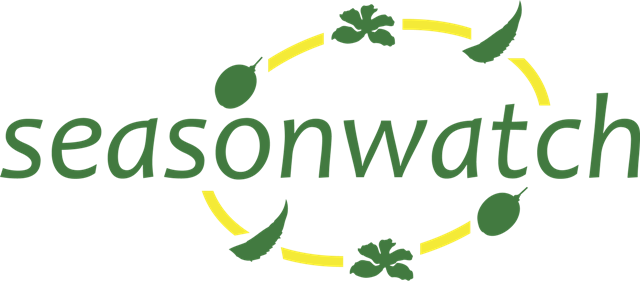International Day Of Biological Diversity
On : May - 22
Many people are helping to make the world a better place, but humanity as a whole is making it difficult for other living creatures that share our planet to survive. As humans clear the land to build, and pollute the land, air and water, wildlife habitats are being destroyed. Some scientists estimate that each year 140,000 species of plants and animals become extinct -- there are no more of those kinds of plants or animals left on the planet! Scientists estimate that if we keep doing what we're doing, 20% of all living species will be extinct in 30 years, and half of all living species will be extinct within the next century!
Some are concerned about the welfare of plants, animals, microorganisms and their ecosystems for the sake of these other living creatures -- humans are not the only ones with the right to live on the planet. But others point out that protecting other living creatures and their habitats also protects us -- we need a clean environment for our own health, and other living creatures are essential for our food and medicine and other important resources.
Recognizing the importance of protecting other living species, 150 nations signed the Convention on Biological Diversity at the Rio Earth Summit in 1992. One definition of "biological diversity" or "biodiversity" is the totality of genes, species, and ecosystems of a region, and this document helps set up real and tangible goals for nations to achieve in order to protect living species and their habitats.
Biological Diversity Day (or BioDiversity Day), observed on May 22, is an opportunity to promote the conservation of biological diversity and to advocate for the sustainable and equitable use of the resources of the natural environment.















